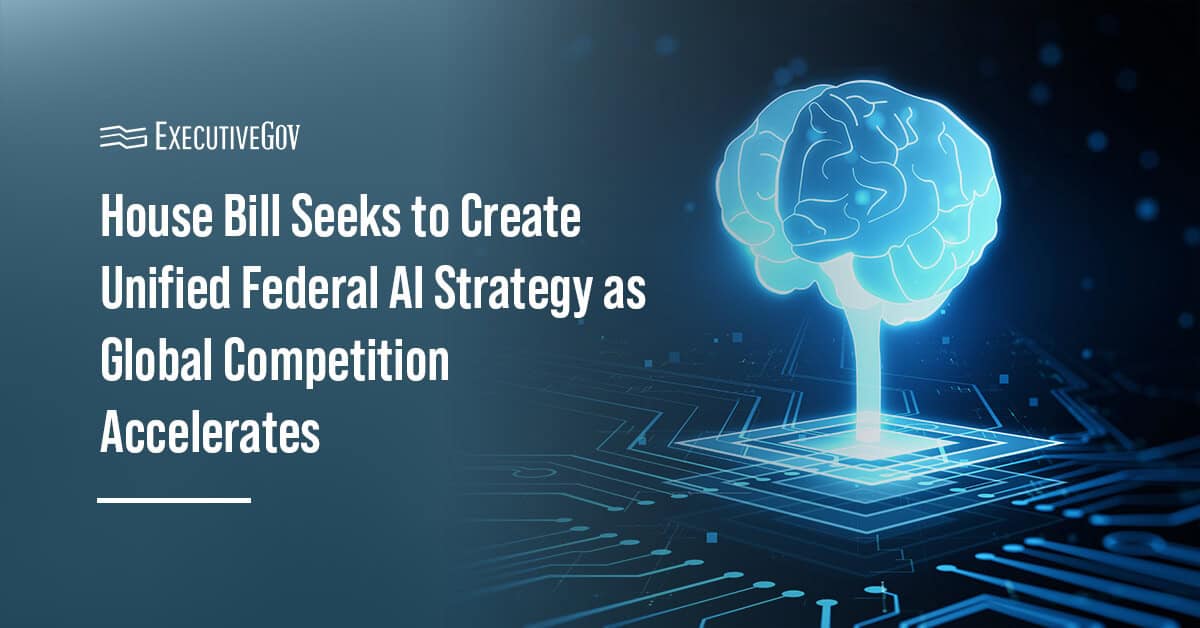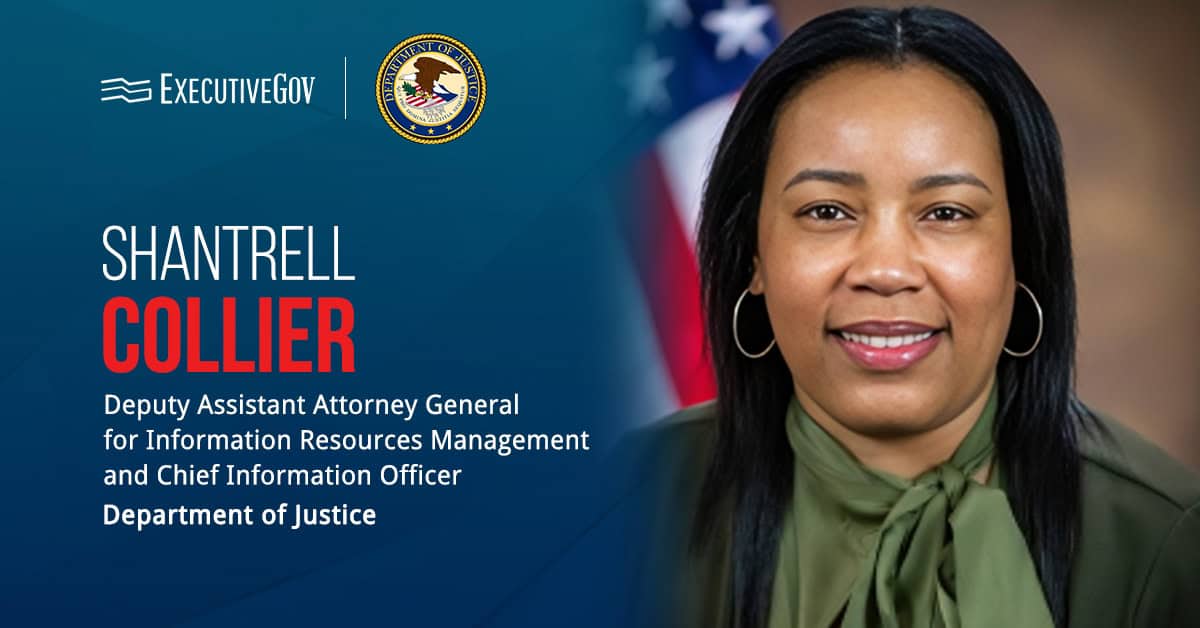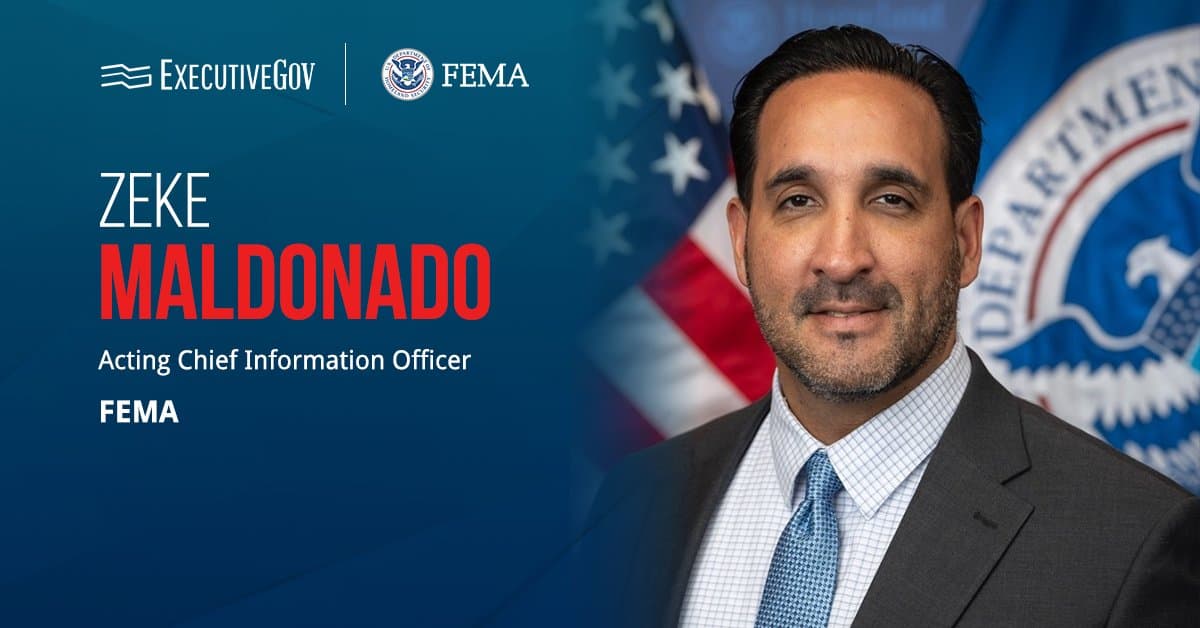A new House bill is seeking to establish a unified federal strategy for artificial intelligence and modernize the government’s research and regulatory approach to the technology.
The office of Rep. Jen Kiggans, R-Va., who introduced the AI for America Act, said Tuesday that the bill is intended to strengthen U.S. leadership amid accelerating global competition in AI, particularly with China. “Artificial intelligence will define the next century of economic growth, national security, and global competitiveness,” Kiggans said.

The introduction of the AI for America Act reflects the U.S. government’s push to bring greater coherence, coordination and accountability to federal AI efforts. At the 2026 Artificial Intelligence Summit on March 19, practitioners from across government and industry will share how they’re aligning AI innovation with mission needs. Reserve your seat now to join this relevant AI-centered event.
What Would the AI for America Act Require?
The proposed legislation directs the Office of Science and Technology Policy to produce an AI action plan by July 31, 2027. The plan must outline measurable goals for U.S. AI leadership and workforce development, public-private partnerships, security safeguards and measures to prevent bias in data and model outputs. OSTP would update the plan every two years.
The bill also tasks OSTP with detailing steps to modernize civilian AI research infrastructure, particularly those involved in partnerships with the Department of Energy, NASA, the National Institute of Standards and Technology, and the National Science Foundation.
Under the proposal, NIST will issue a report on audit mechanisms, review protocols and disclosure practices to help detect security risks and potential bias across AI systems. OSTP and relevant federal agencies, including DOE and the Departments of Transportation and Health and Human Services, should identify outdated regulatory obstacles that hinder AI deployment across sectors such as healthcare, transportation and scientific research. Both actions must be performed a year after the legislation’s enactment.
The measure builds on Executive Order 14179, which aims to remove barriers hindering American leadership in AI.
“Right now, federal agencies lack a unified strategy for integrating AI into mission-critical functions,” said Kiggans. “This bill ensures the federal government takes a coordinated, strategic approach across agencies, strengthens public-private partnerships, and protects Americans from bias, cybersecurity threats, or misuse of data.”





